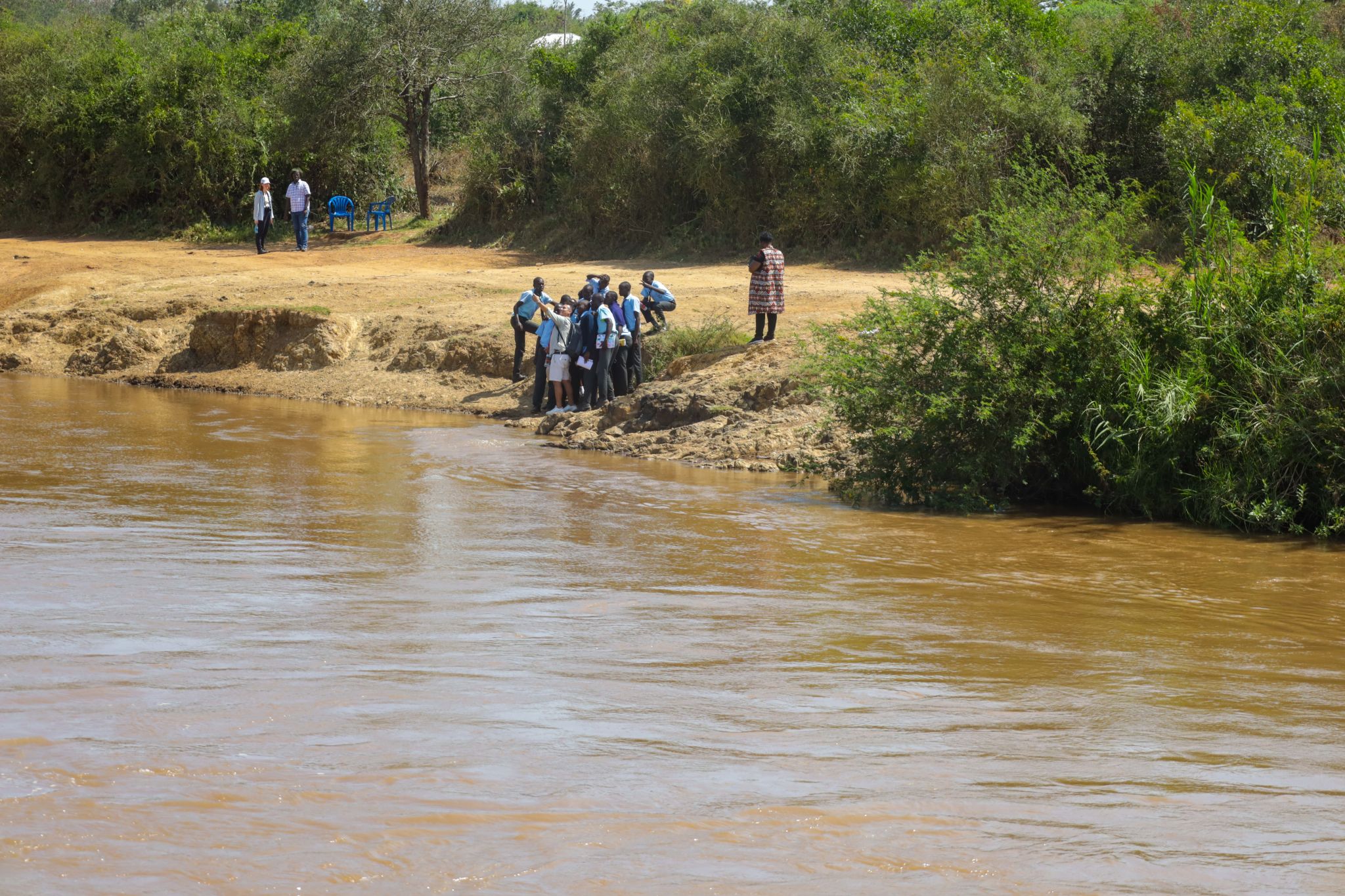Addressing Hydro-climatic vulnerability through Citizen Science and Open Science
Natural disasters and extreme weather events are ranked as the second global risk by severity in the short term (two years) followed by failure to mitigate climate change and large-scale environmental damage incidents. In the long-term climate and environmental related risks will be the most severe and water is highlighted as one of the major issues to address. Water crisis and climate risks are both linked and have great impacts into subsistence sectors such as food and energy. Therefore, this project focuses on how to address the related challenges through the approaches of citizen and open science. Hydro-Resilience seeks to enhance the knowledge and skills of stakeholders and decision-makers concerning water and climate, notably in the regions of Africa and Latin America and the Caribbean. The project further draws from the achievements of the project “Addressing Water Security: Climate Impacts and Adaptation Responses in Africa, Asia, Latin America and the Caribbean”, which was implemented from 2014 to 2021 by UNESCO-IHP with the support from the Flanders UNESCO Trust Fund. This water security project laid the foundation for engaging with local vulnerable communities through citizen science. Several workshops and seminars were organized to exchange and gather knowledge on how to incorporate citizen science in data collection, data analysis, and policy making, as well as on promoting it as a tool to progress on the SDG framework. Importantly, a collaboration with Imperial College London was established under the water security project, which will provide a solid basis for increased cooperation in the implementation of the proposed project.
This project is part of the ninth phase of the UNESCO Intergovernmental Hydrological Programme (UNESCO-IHP) output 1.10, "Science for a Water Secure World in a Changing Environment" and is led by Prof. Ann van Griensven as the UNESCO Chair on Open Water Science and Education. It aims to identify hydro-climatic vulnerability by implementing a bottom-up citizen science and open science approach.
The main objective of the project is to improve the ability to forecast hydro-climatic extremes, such as droughts and floods, and to develop, test and evaluate the use of citizen and open science methodologies to build water resilience against climate change and improve water management in pilot countries of Sub-Saharan Africa and Latin America.
Within the framework of this project, these activities will be implemented:
Setup of a Citizen Science case study in the target area (Africa or Latin America)
The implementation of citizen science and open science aims to build the capacity of citizen scientists for monitoring threats to water resources, e.g. water pollution, through an online/offline data collection mechanism by trained citizen scientists, which is to be subsequently analyzed to derive key lessons, evaluate the efficacy of data collection tools, and recommendations to enhance the effectiveness and sustainability of citizen science initiatives.

Development of a Climate Risk Informed Decision Analysis (CRIDA) for at least one case study using SWAT+ in Africa
This initiative aims to advance the Climate Risk Informed Decision Analysis (CRIDA) for water management in Africa through the development of a comprehensive case study using SWAT+. This entails the identification of a pertinent CRIDA case study, the establishment of a coordination mechanism with local partners, and the formulation of a detailed work plan for effective implementation.
The Decision Context (CRIDA Step 1) will be implemented through a participatory process with stakeholder engagement. Subsequently, an open-source hydrological model using SWAT+ will be set up and tailored to the selected case study. To assess the basin's vulnerability to climate variability and change, a Climate Stress Test will be performed using data from regional climate models. The results of this stress test will be compiled into a comprehensive report, offering valuable insights into potential risks.